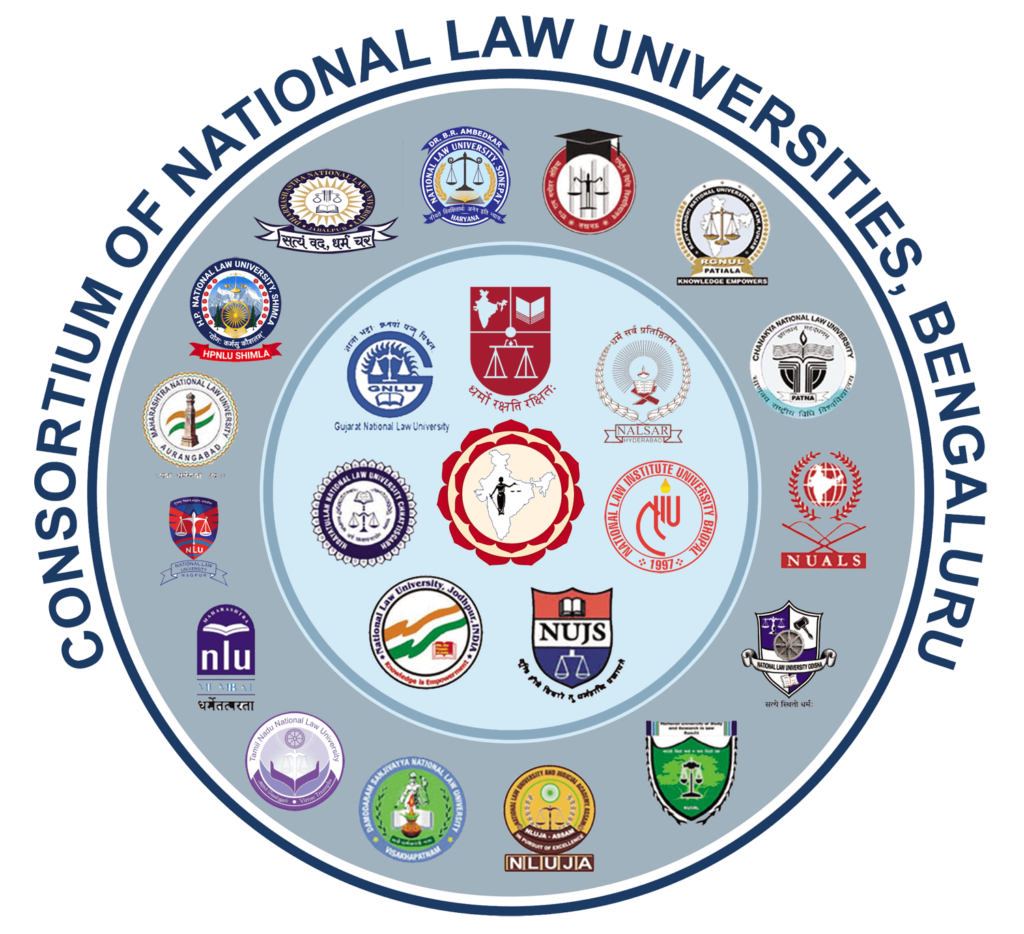Vidushi Vats
On July 1, 2023, the Consortium of National Law Universities (NLUs) made available the application form for CLAT PG 2024. The Consortium has scheduled the CLAT LLM 2024 examination for December 3, 2023. It is done as a means of gaining admission into the National Law Universities. The examination will adopt the offline format, utilizing a pen and paper-based test mode. Candidates have to submit their application forms until November 3, 2023.
The Common Law Admission Test for Postgraduate Programs, commonly known as CLAT PG, is a highly competitive examination. It paves the way for law enthusiasts to pursue advanced studies in law. It allows you to delve deeper into specific areas of law. PG programs are to gain expertise in a particular field through specialized courses and research opportunities. It is designed for those seeking advanced legal knowledge, research, academia, or specialized legal roles.
This article examines the key aspects of CLAT PG, including eligibility criteria, the application process, and the diverse range of specializations it offers.
Eligibility Criteria
Aspiring candidates must have completed their undergraduate law degree, such as a 5-year integrated LLB program. This also includes an equivalent qualification from a recognized university or institution. Additionally, students enrolled in their final year of their UG degree can also sit in for the exam. A minimum aggregate score is often required. This varies from institution to institution. Furthermore, candidates from various disciplines of law are eligible, such as constitutional law, criminal law, corporate law, and more.
Application Process
The application process for CLAT PG generally involves these steps:
- Registration: Candidates need to register themselves by providing the necessary details. The details include name, contact information, and educational background on the official CLAT website.
- Application Form: After registration, candidates need to fill out the application form with accurate personal and academic details.
- Upload Documents: Candidates are required to upload scanned copies of documents like their photograph, signature, and relevant certificates.
- Application Fee: Payment of the application fee is the next step, which can usually be done online through various modes like credit card, debit card, or net banking. (INR 4000)
- Admit Card: Once the application process is complete and the fee is paid, candidates can download their admit card from the official website. The admit card contains important information about the examination, including the date, time, and venue.
Diverse Specialisations of CLAT PG Programs
CLAT PG offers a plethora of specializations for candidates to choose from. Some of the popular specializations include:
- Constitutional Law: This specialization focuses on the interpretation and analysis of the Constitution. It also includes its principles, and its impact on legal and societal dynamics.
- Criminal Law: Criminal law specialization involves the study of various aspects of criminal justice. It involves investigation, prosecution, defence, and the application of criminal laws.
- Corporate Law:This specialization covers company law, mergers and acquisitions, corporate governance, and other related subjects.
- Intellectual Property Law: This specialization deals with the protection of intellectual property rights, including patents, copyrights, trademarks, and trade secrets.
- International Law: This specialization delves into the study of international legal frameworks, treaties, conventions, and the interaction between different legal systems.
- Environmental Law: As environmental concerns become more critical, this specialization focuses on legal aspects related to conservation, sustainable development, and environmental regulations.
- Human Rights Law: Human Rights Law programs concentrate on the study of universal human rights principles. It further incorporates international humanitarian law, and advocacy for marginalized groups. Graduates often work with NGOs, international organizations, and governmental bodies.
- Taxation Law: Taxation Law specializations cover tax regulations, tax planning, and dispute resolution related to income tax, goods and services tax (GST), and other forms of taxation.
- Family and Personal Laws: These programs focus on the legal frameworks governing family relationships. Personal law includes marriage, divorce, inheritance, and other personal matters. Students learn about family courts, mediation, and alternative dispute resolution mechanisms.
- Public Policy and Governance: NLUs also offer postgraduate programs in Public Policy and Governance. It is the study of the interaction between law and public policy, administrative law, and the functioning of government institutions.
- Technology Law: It refers to the legal regulations that govern the use, development, and distribution of technology-related products and services. It covers areas such as data privacy, intellectual property rights, cybersecurity, e-commerce, and more.
The NLU consortium has released the CLAT LLM syllabus 2024 on its official website: https://consortiumofnlus.ac.in/clat-2024/pg-syllabus.html
Candidates can find the general instructions here: https://consortiumofnlus.ac.in/clat-2024/pg-instructions.html

